PneumaKnit
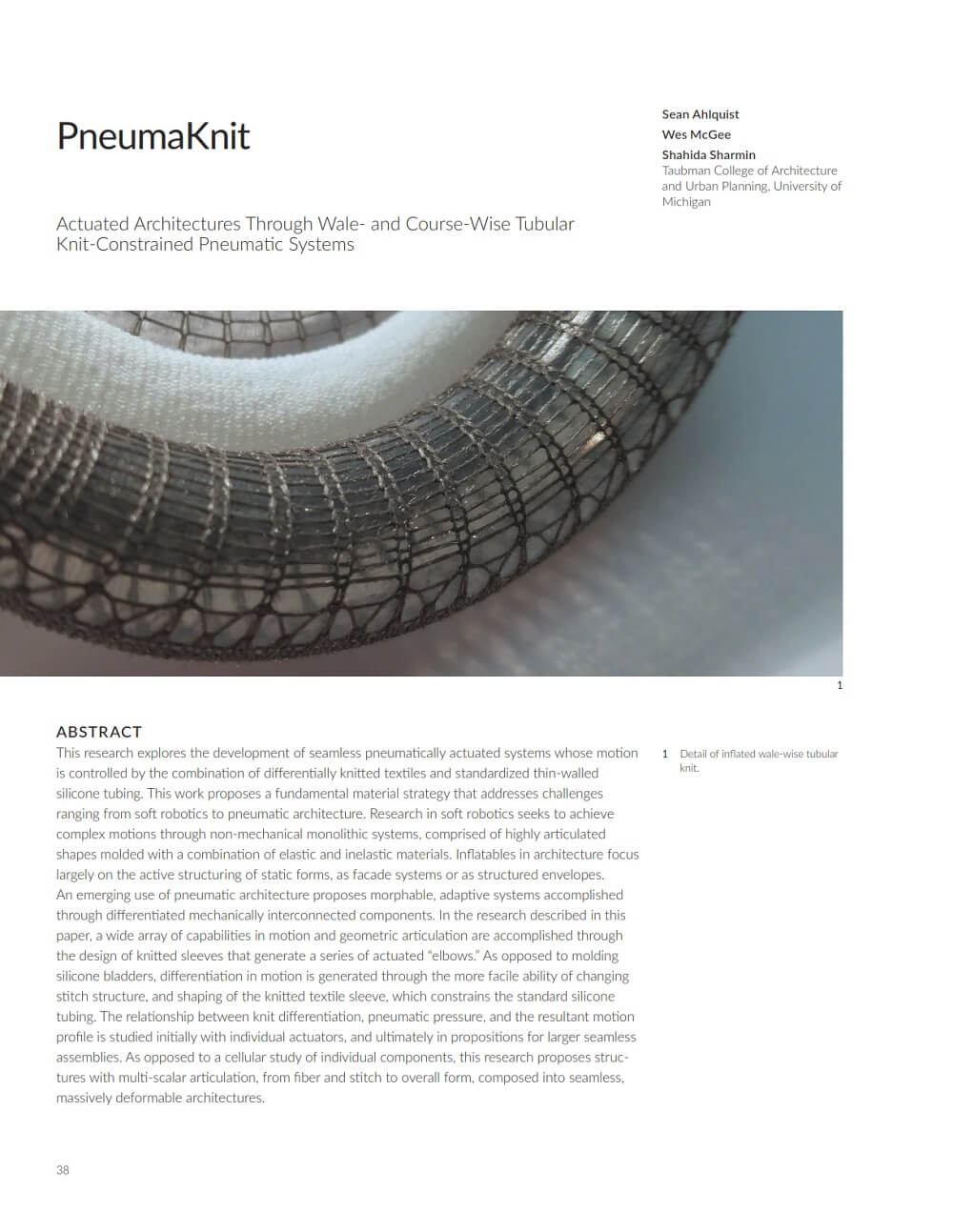
This research by Sean Ahlquist, Wes McGee and Shahida Sharmin explores the development of seamless pneumatically actuated systems whose motion is controlled by the combination of differentially knitted textiles and standardized thin-walled silicone tubing. This work proposes a fundamental material strategy that addresses challenges ranging from soft robotics to pneumatic architecture. Research in soft robotics seeks to achieve complex motions through non-mechanical monolithic systems, comprised of highly articulated shapes molded with a combination of elastic and inelastic materials.
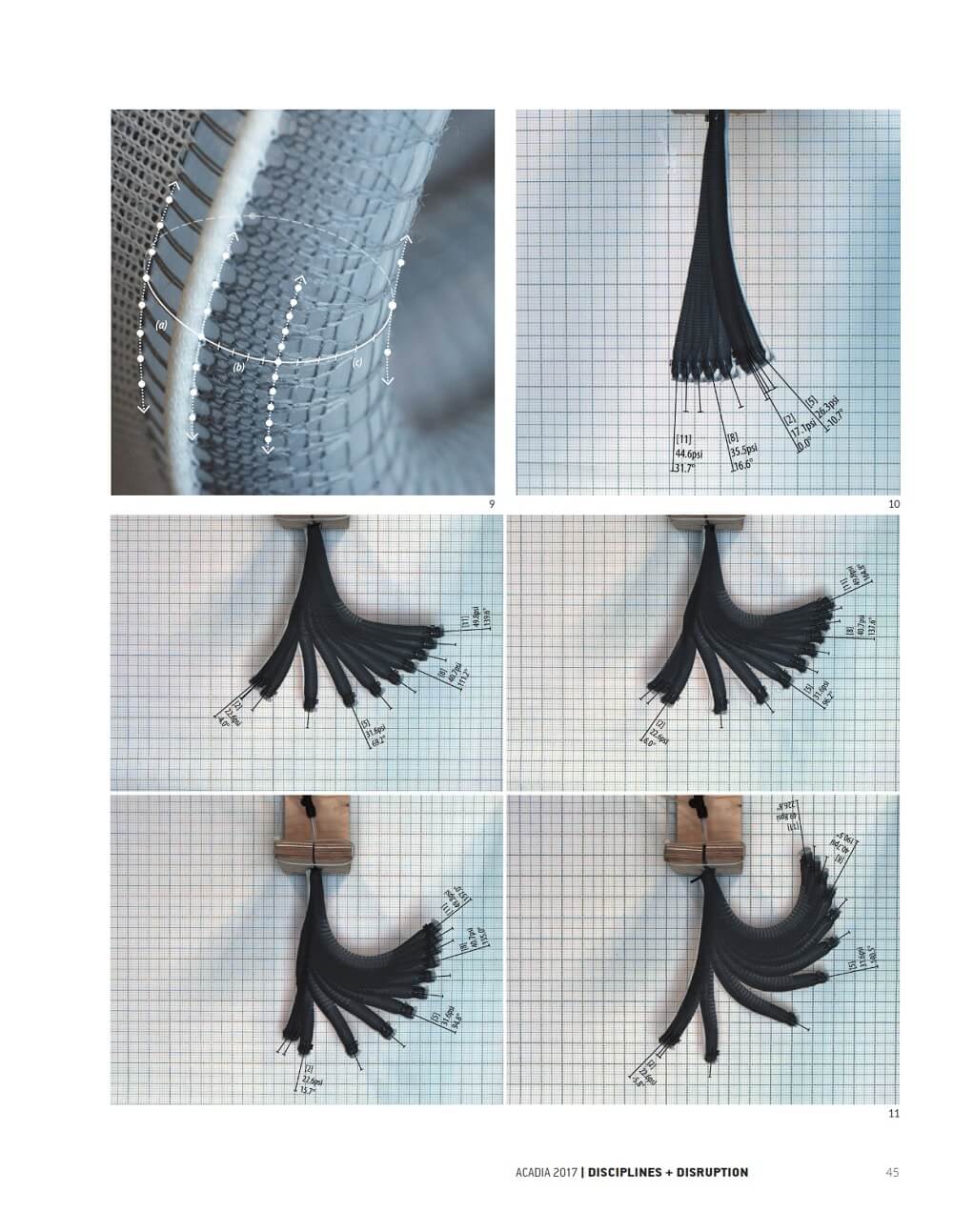
Inflatables in architecture focus largely on the active structuring of static forms, as facade systems or as structured envelopes. An emerging use of pneumatic architecture proposes morphable, adaptive systems accomplished through differentiated mechanically interconnected components. In the research described in this paper, a wide array of capabilities in motion and geometric articulation are accomplished through the design of knitted sleeves that generate a series of actuated “elbows.”
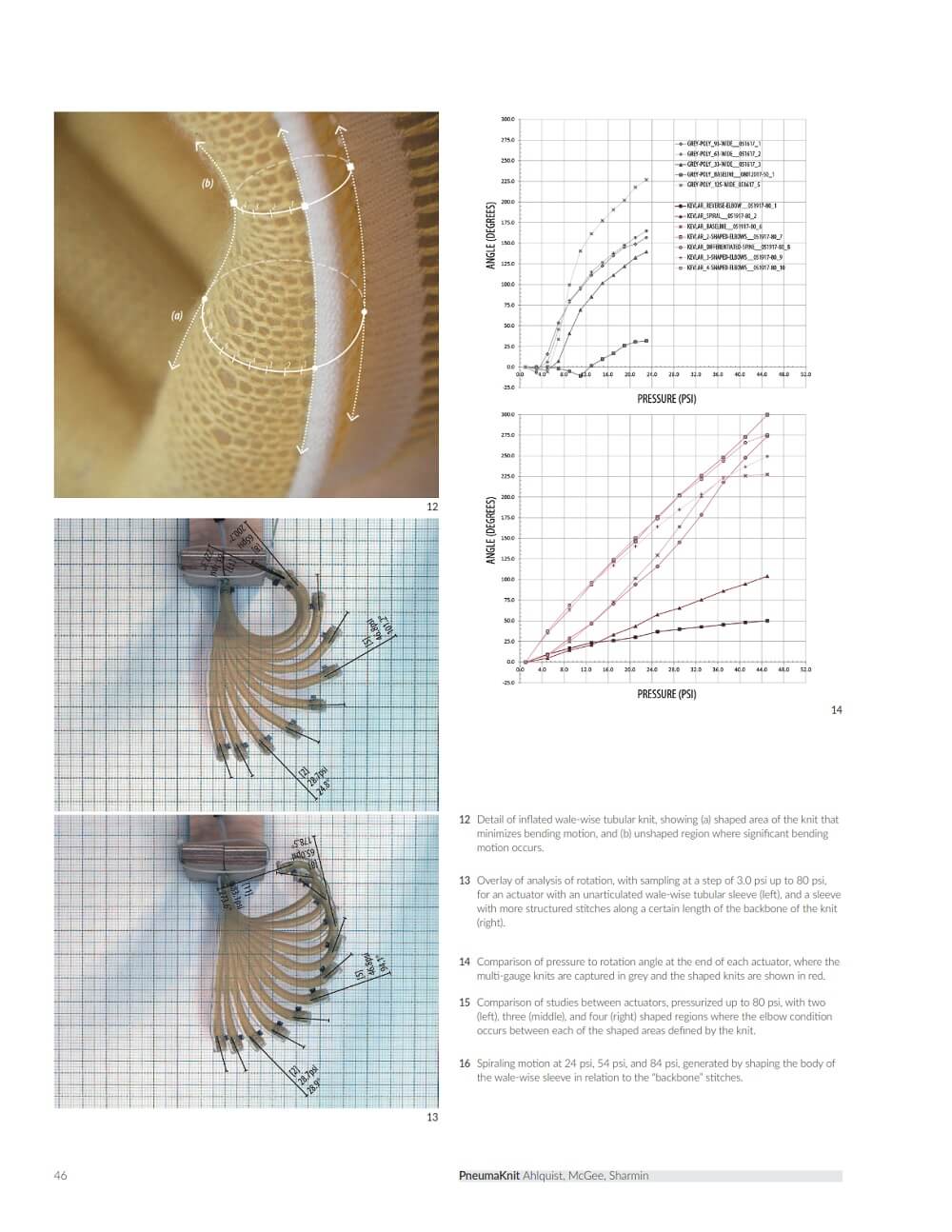
As opposed to molding silicone bladders, differentiation in motion is generated through the more facile ability of changing stitch structure, and shaping of the knitted textile sleeve, which constrains the standard silicone tubing. The relationship between knit differentiation, pneumatic pressure, and the resultant motion profile is studied initially with individual actuators, and ultimately in propositions for larger seamless assemblies. As opposed to a cellular study of individual components, this research proposes structures with multi-scalar articulation, from fiber and stitch to overall form, composed into seamless, massively deformable architectures.
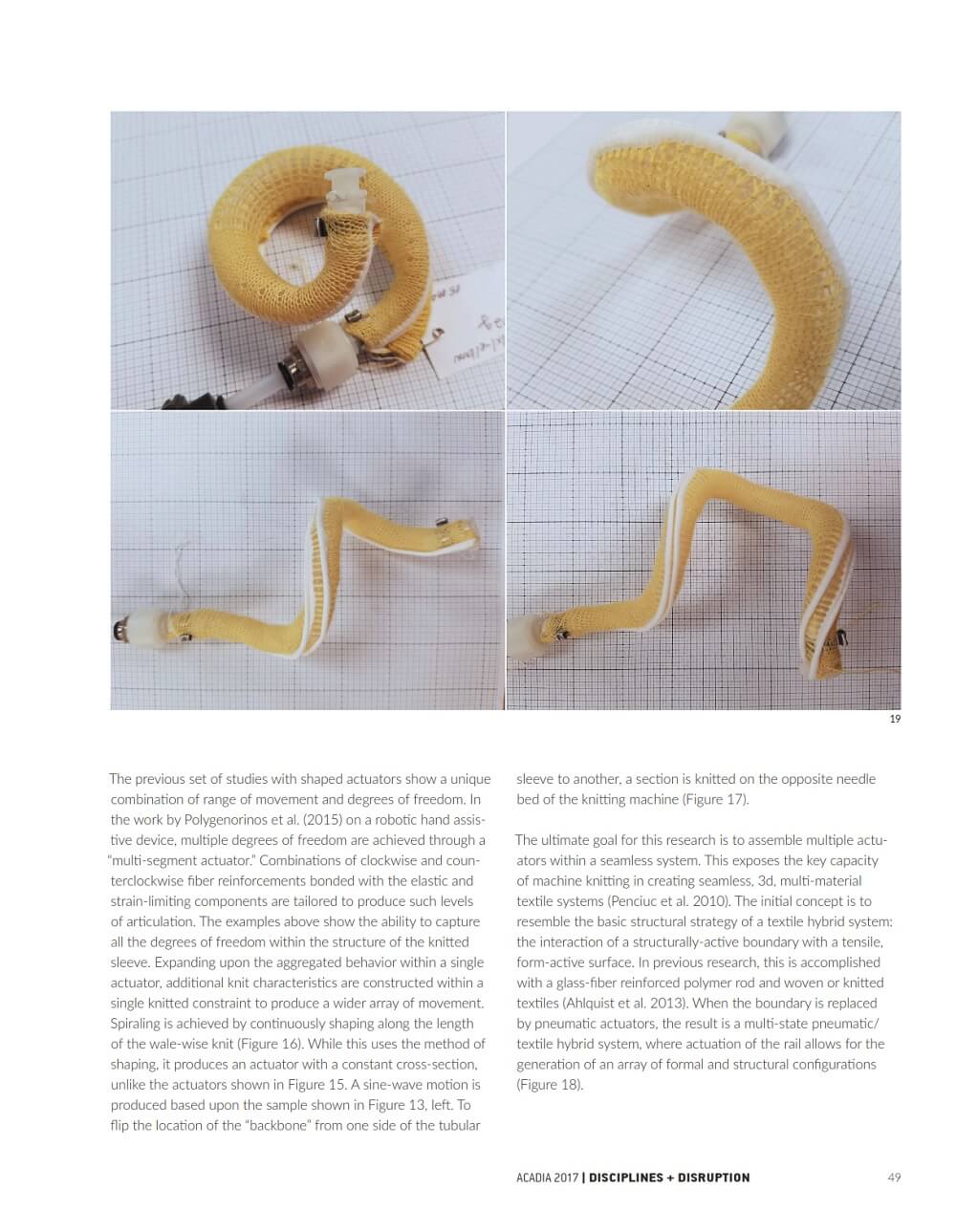





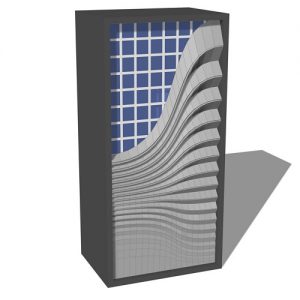
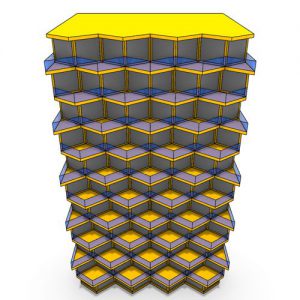
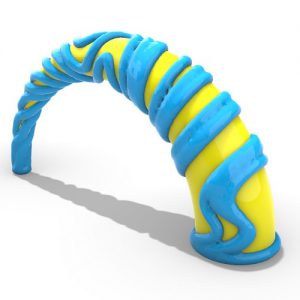
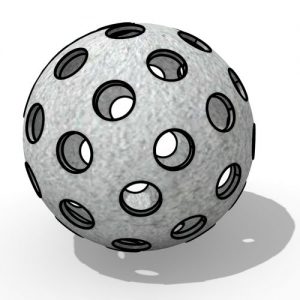
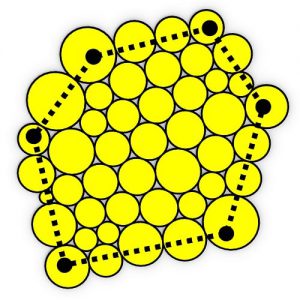
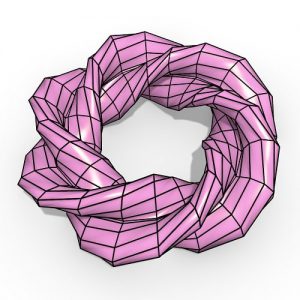
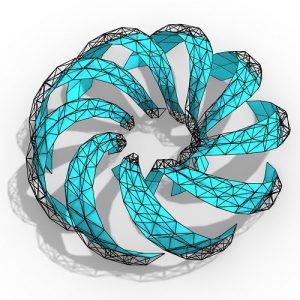
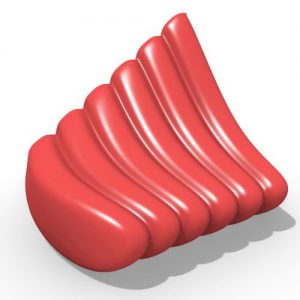
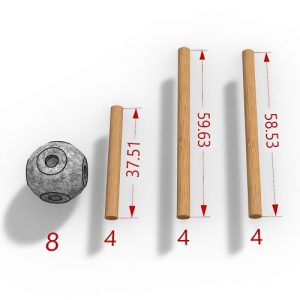

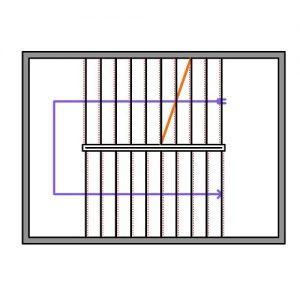
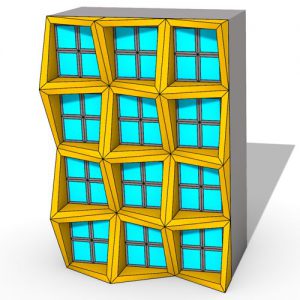
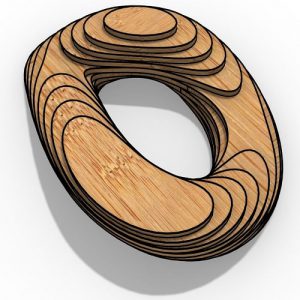
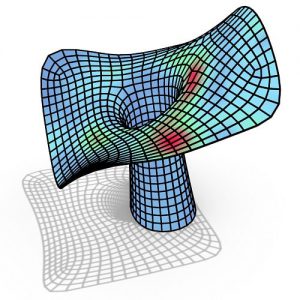
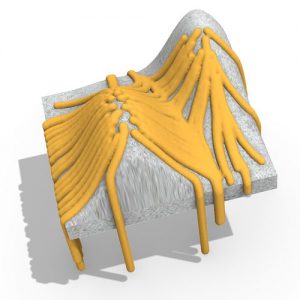
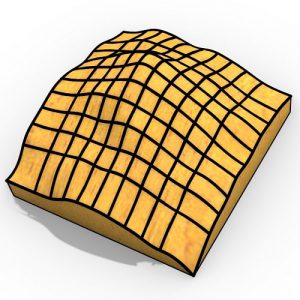
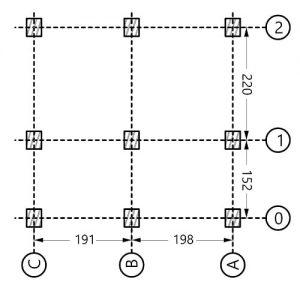

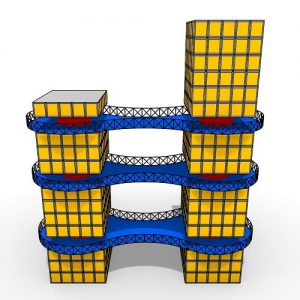


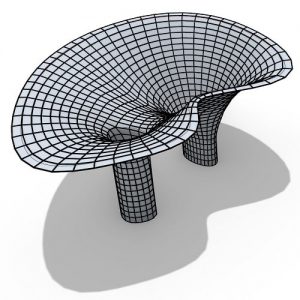
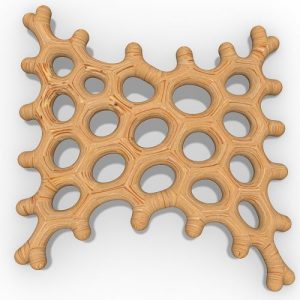
Comments